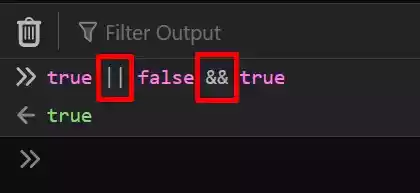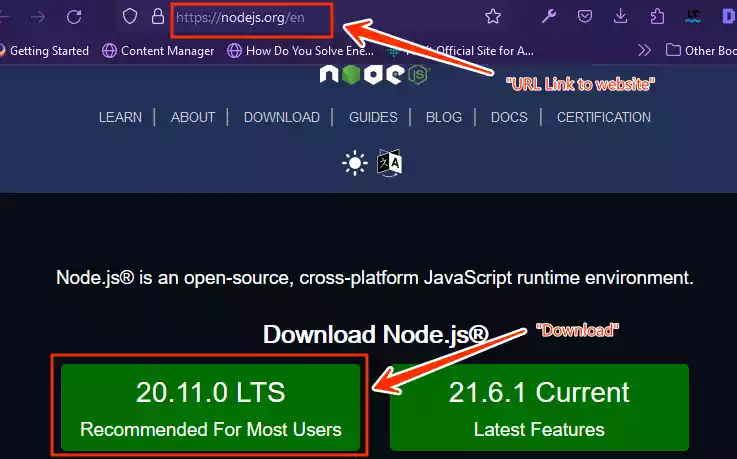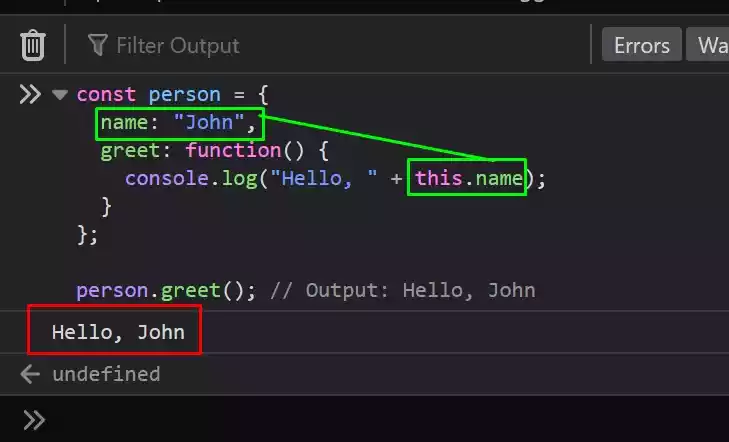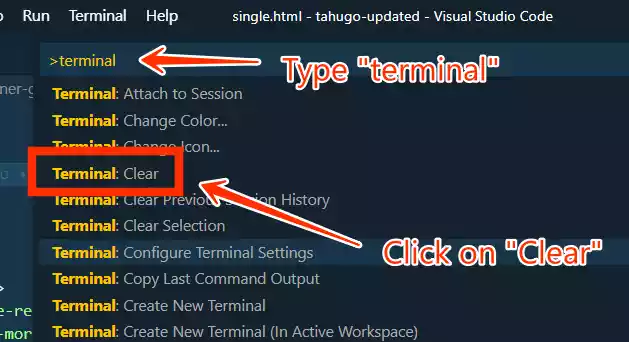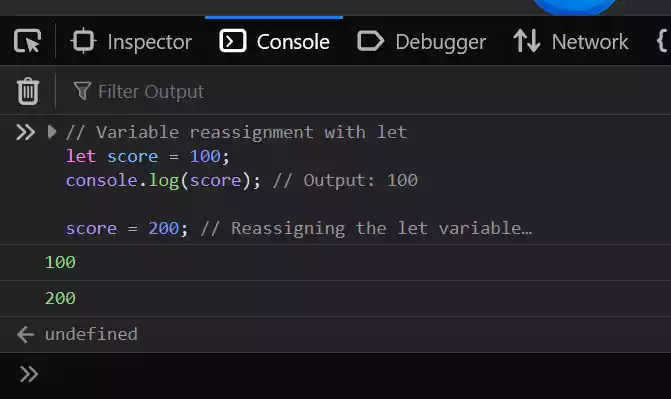Which Processor is Best for Coding or Programming?
Are you a coder or programmer looking to upgrade your computer’s processor or get a new computer with a better processor?
Choosing the right processor is crucial for optimal performance and productivity in coding and programming tasks.
In this article, we will discuss some of the best processors for coding and programming, considering factors such as power, affordability, and performance.
Let’s dive in and find the perfect processor for your needs!
Table of Contents
1. Intel Core i5
The Intel Core i5 processor is a popular choice for coding and programming tasks. It strikes a balance between affordability and performance, making it suitable for most coding needs.
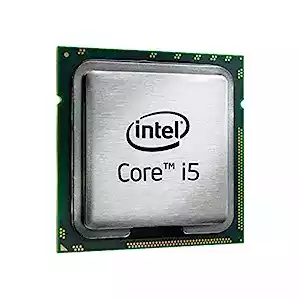
With its powerful cores, the Core i5 can handle complex applications efficiently.
It is a reliable choice for coders who work with standard coding languages and tools.
2. Intel Core i7
For more demanding coding tasks, the Intel Core i7 processor is an ideal choice.
With its increased number of cores and threads compared to the Core i5, the Core i7 can handle complex tasks and run multiple applications simultaneously.
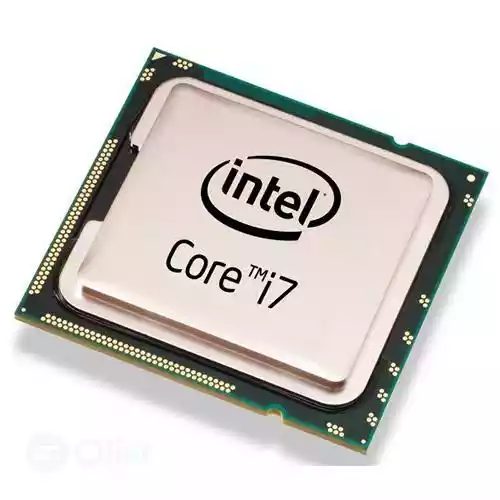
This makes it suitable for tasks such as software development, data analysis, and virtualization.
3. AMD Ryzen 5
If you’re looking for a value-oriented option without compromising performance, the AMD Ryzen 5 processor is worth considering.
It offers excellent performance for its price and is comparable to the Intel Core i5 in terms of capabilities.
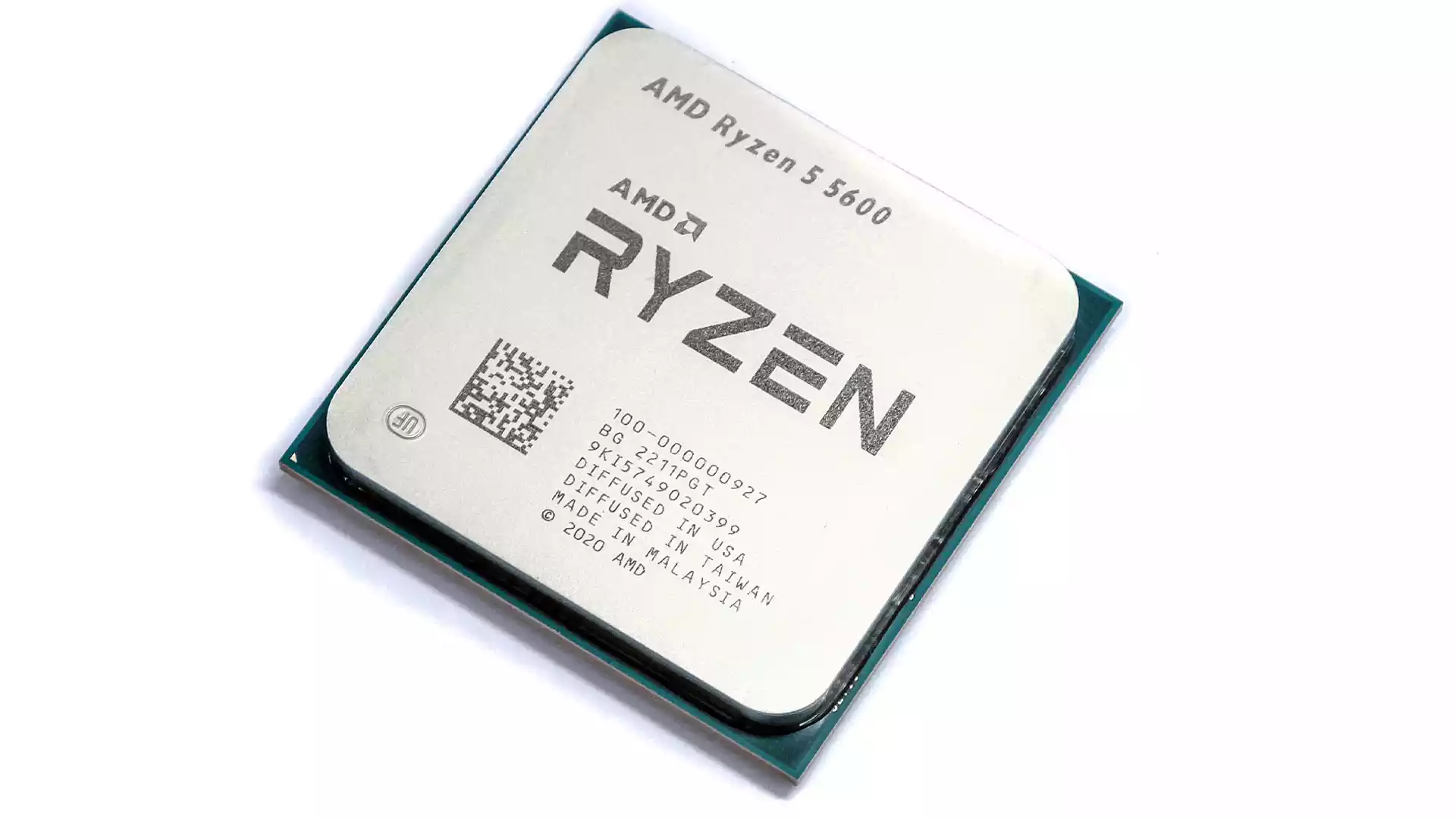
The Ryzen 5 is a budget-friendly option that can handle coding tasks efficiently.
4. AMD Ryzen 7
For those engaged in demanding coding tasks like game development or machine learning, the AMD Ryzen 7 processor is a high-end choice.
With its superior performance and capabilities, the Ryzen 7 outperforms the Intel Core i7 in many coding scenarios.
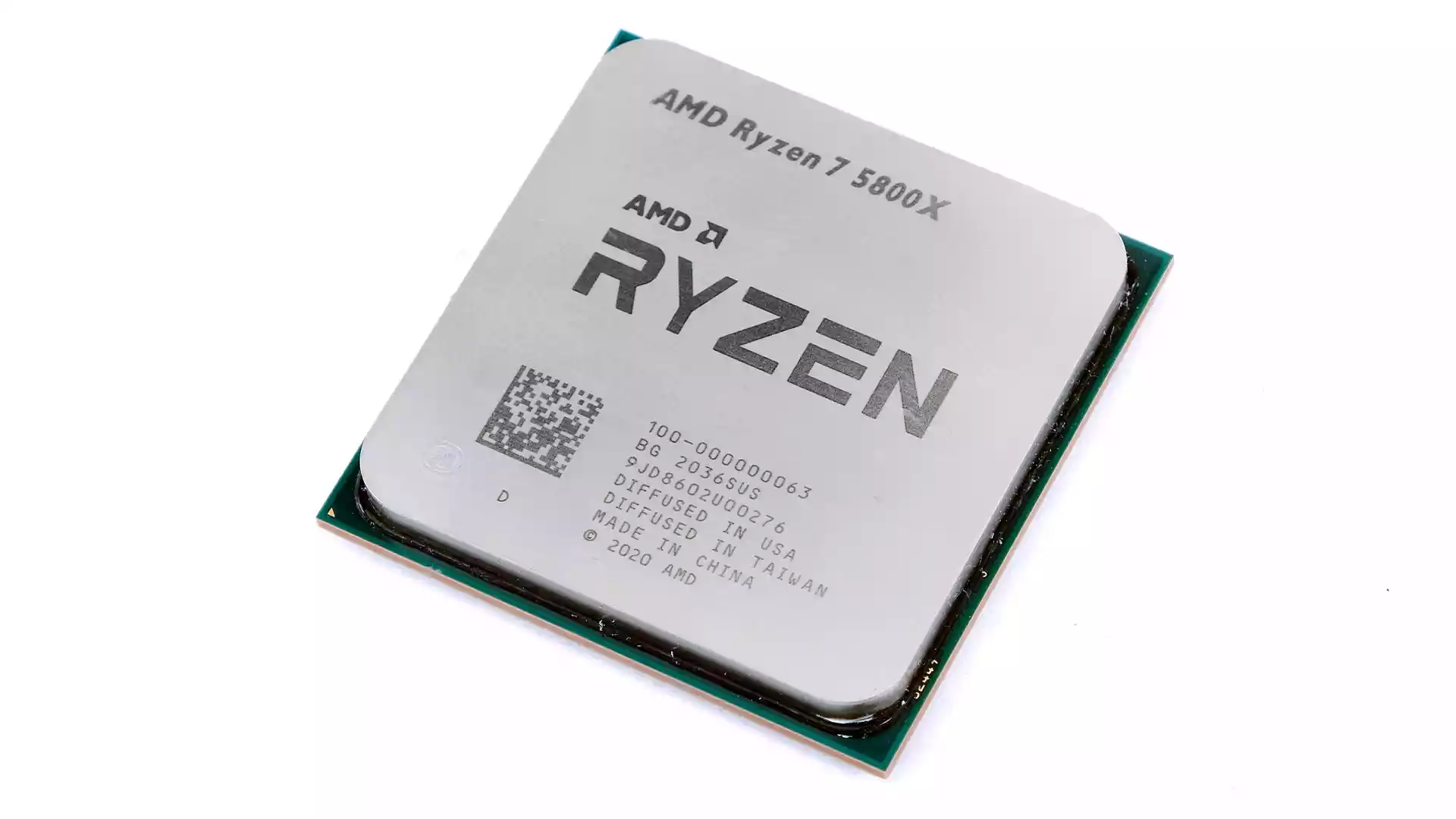
It offers the power and speed required for resource-intensive coding applications.
5. Apple M1
Apple’s M1 processor, based on ARM architecture, is a revolutionary choice for coding and programming, especially for mobile development or coding on a laptop.
The M1 processor offers exceptional efficiency and performance for the power it consumes.
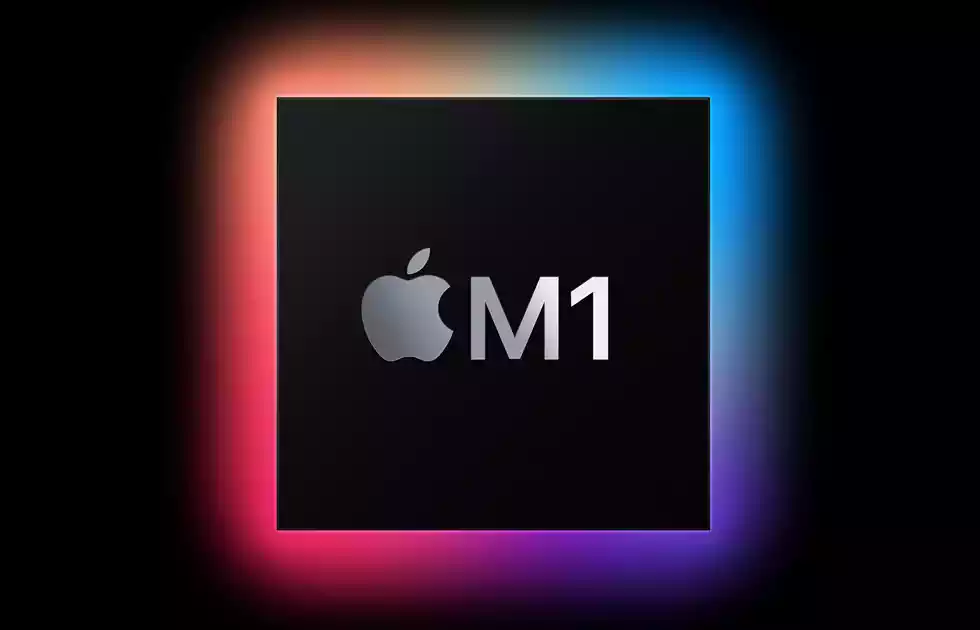
It is highly optimized for Apple’s ecosystem, making it an excellent choice for macOS developers.
Link to Apple M1 press release
Factors to Consider
When choosing the best processor for coding or programming, it’s essential to consider your specific needs and budget.
Here are some factors to keep in mind:
- Task requirements: Evaluate the complexity and resource requirements of your coding tasks.
Different programming languages, frameworks, and development environments may have varying demands. - Budget: Consider your budget and find a processor that offers the best performance within your price range.
Balance your requirements with the cost of the processor. - Multithreading: If you work on tasks that can benefit from parallel processing, consider processors with more cores and threads.
This allows for better multitasking and improved performance. - Future-proofing: Anticipate your future coding needs. Investing in a processor with higher performance capabilities can ensure your computer remains capable of handling upcoming coding advancements.
- Operating System: Different processors may have varying levels of compatibility and optimization for different operating systems.
Consider your preferred operating system and ensure that the processor you choose works seamlessly with it. - Clock Speed: The clock speed of a processor determines how quickly it can execute instructions. Higher clock speeds generally result in faster performance.
However, keep in mind that other factors such as the number of cores and the architecture also play a significant role in overall performance. - Cache Size: The cache is a small, high-speed memory built into the processor. A larger cache size allows for quicker access to frequently used data, resulting in improved performance.
Consider the cache size when comparing different processors. - Power Consumption: If you value energy efficiency or plan to use your laptop for extended periods on battery power, consider processors that offer a good balance between performance and power consumption.
Some processors, such as the Apple M1, are known for their energy efficiency. - Reviews and Benchmarks: Before making a final decision, it’s always beneficial to read reviews and check benchmarks of different processors.
This will give you insights into real-world performance and help you make an informed decision.
Wrap Up
Choosing the best processor for coding and programming requires careful consideration of your specific needs, budget, and future requirements.
The Intel Core i5 and Core i7, AMD Ryzen 5 and Ryzen 7, and the Apple M1 are all excellent choices depending on your preferences and workload.
Remember to evaluate factors such as task requirements, budget, multithreading capabilities, and operating system compatibility when making your decision.
By selecting the right processor, you can enhance your coding productivity and ensure a smooth and efficient development experience.
FAQs
- Can I use an older processor for coding and programming? While older processors can still handle basic coding tasks, using a more modern and powerful processor is recommended for optimal performance, especially when working with complex applications or large codebases.
- Do I need a dedicated graphics card for coding? In most cases, a dedicated graphics card is not necessary for coding or programming tasks unless you’re working with graphics-intensive applications or game development.
Integrated graphics found in modern processors are sufficient for most coding needs. - Should I prioritize more cores or higher clock speed for coding? The answer depends on the nature of your coding tasks. If you frequently work on parallel tasks or multitask heavily, more cores can provide better performance.
However, if your tasks are single-threaded or require faster execution of instructions, higher clock speeds may be more beneficial. - Are there any specific processors recommended for specific programming languages or frameworks? No, there are no specific processors exclusively recommended for programming languages or frameworks.
The choice of a processor primarily depends on the factors mentioned earlier and your personal preferences. - Can I upgrade my processor later if needed? It depends on your computer’s architecture. Some laptops and pre-built desktops have soldered processors, which cannot be upgraded.
However, many desktop computers allow for processor upgrades, giving you the flexibility to improve your system’s performance in the future. - Is i3 or i5 better for programming? The Core i5 is generally better than the i3 for programming due to its higher performance capabilities.
With faster clock speeds, more cores, and larger cache sizes, the Core i5 can handle coding tasks more efficiently, especially when working on complex projects or using resource-intensive applications.
However, the choice between i3 and i5 ultimately depends on your specific needs, budget, and the scale of your programming tasks.

